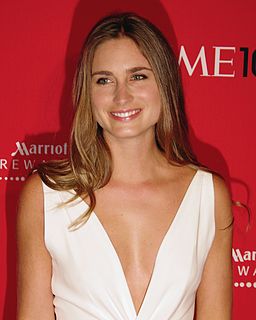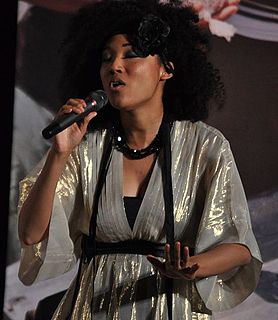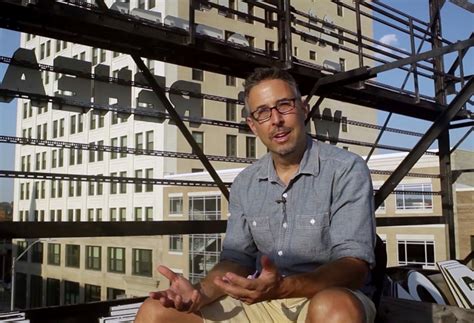A Quote by Faith Adiele
I have a theory that, for people of color or others who have been cut out of the master narrative, just telling your personal survival tale, your story, is civic engagement. It is a kind of political performance and is really crucial in that storytelling is how the writers connect with people and change. It's how we collect and add to and complicate the master narrative.
Related Quotes
For queer people, the personal is very political, just to talk about it in a public space. It's very political just to come out and take up that space and be like, 'This is my narrative. It's not an outsider narrative, and it's not a fetish narrative; it's just my story, and it's worth being told and listened to.'
I'm obsessed with this idea of storytellers and people who have a narrative, and sometimes sustain a relationship because they're telling a narrative and someone is listening to that. Often the nature of the relationship is determined by how well they tell the story, or someone else's ability to suspend disbelief, or infuse into their narrative something which they may not even be aware of.
I think my sensibilities about storytelling and character just automatically come into play when I'm trying to work on any kind of narrative. For me, it doesn't really matter what the source of the narrative is. I will be looking for ways to make it into an intriguing story with empathetic characters.
A disciple came to the celebrated Master of the Good Name with a question. “Rabbi, how are we to distinguish between a true master and a fake?” And the master of the good name said, “When you meet a person who poses as a master, ask him a question: whether he knows how to purify your thoughts. If he says that he knows, then he is a fake.
If you're a certain type of actor, then eventually stepping into a director's shoes is a natural transition. I've always been the actor who's very focused on the narrative, where my character is in the story, and how I can benefit the story. I've always had a technical aspect of what the lens is, how the camera is going to move, how I can feed the information the director applies within that move. If you're that type of actor, narrative-based, technically proficient, the next step is actually not that far.






































